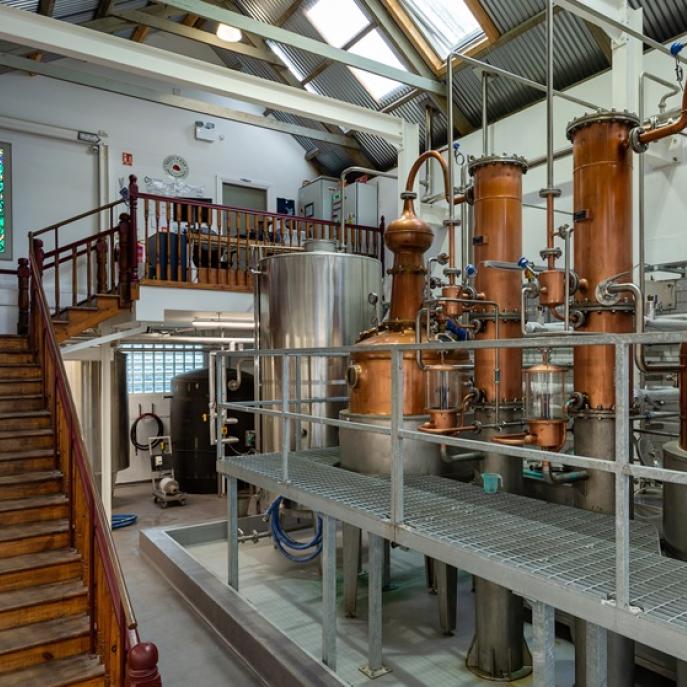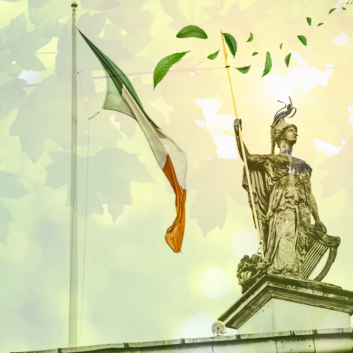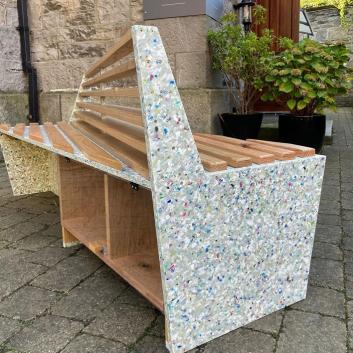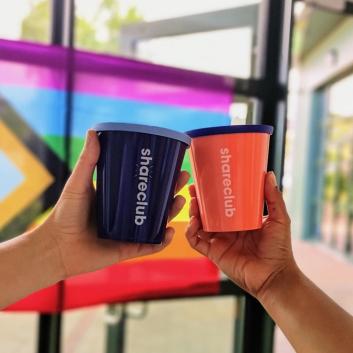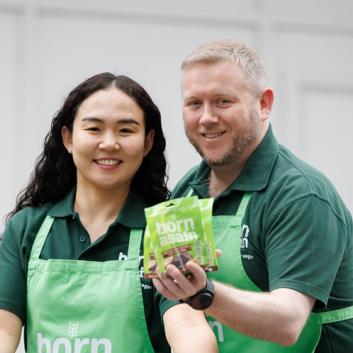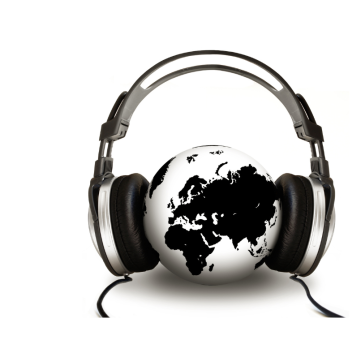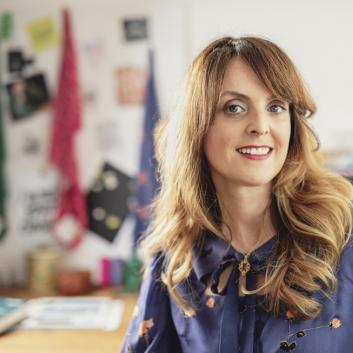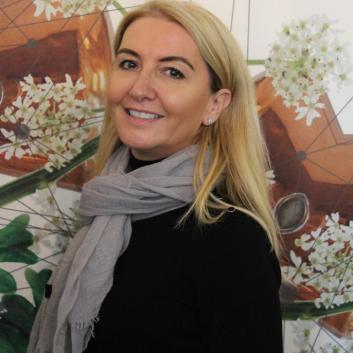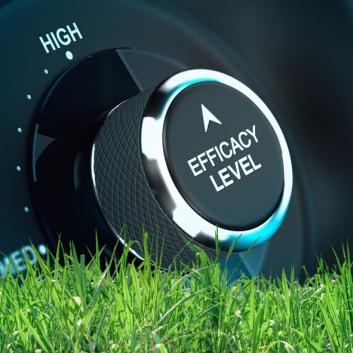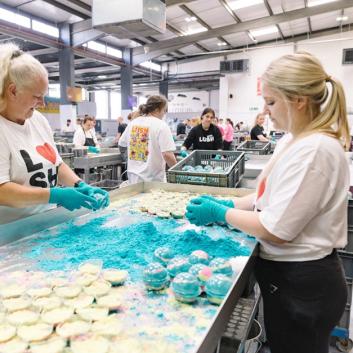Being practical about sustainability opens new frontiers for innovative craft distillery
This article is part of the 'Celebrating Circular` initiative and story collection that spotlights trailblazer Irish businesses making strides towards a more sustainable and low-carbon economy.
Producing award-winning gins, vodka, and traditional pot still Irish whisky could have been ambitious enough for the Blackwater Distillery in West Waterford, but they did not stop there.
Since its opening in 2014, the micro-distillery has accomplished a lot, and the new frontier in development is making its operation more sustainable.
Silvia Torresi joined the company in 2021 to make that happen, in addition to contributing to other areas of production at the company. After working several years in EU development projects from Brussels, Silvia felt she wanted to move to an area closer to her heart.
She decided to take a leap of faith and study at a postgraduate sustainability and food course at UCLA in the US to make that shift. She was eager to put her knowledge into practice after finishing her studies.
“You can study as much as you can, but unless you are doing it, you don`t have a clue how to adopt things.”
Searching for opportunities took her to the Blackwater Distillery in Ireland. “Besides working as a gin distiller, I'm responsible for all things related to sustainability, from reporting to resource consumption monitoring to adopting circularity where we can while constantly exploring new opportunities to improve our operations.”

“Running a small business means sustainability must be part of your operation. Circular might be the official word, but I think of it as being resourceful.”
Silvia highlights that investing in this area is a barrier for many smaller enterprises. She adds that reporting can actually help set targets and develop a long-term plan, which is something to aspire to.
Waste management as a focus area
“We are a very down-to-earth company, trying to be as practical as possible about sustainability as well. Waste management is one of the key areas we focus on, which means we are not just selecting waste and training employees to sort waste properly but actively looking for ways to reduce or avoid it. For example, when we receive our bottles packed in cardboard and plastic, we aim to reuse these materials.”
In addition to waste management, they only use paper labels on their bottles instead of plastic ones, give spent grain and other side products to local farmers, and are involved with initiatives like Origin Green.
“Reduction is the main path for us in general – regarding energy, waste, etc.
Reducing our impact means not losing money on resources we use or wasting what we produce. Circular might be the official word for it, but I would rather call it being resourceful.”
On the sustainability journey
Communication is one of the areas where Silvia was looking for further developments when she joined the MODOS sustainability training, searching for opportunities to expand her knowledge.
“One of the sessions I found interesting was on communicating the sustainability journey to better connect with our audience. The additional mentoring really helped me understand how to translate what we are doing and even negotiate better deals for the company.”
Silvia shares that engaging partners, customers and employees in their sustainability efforts is an important element of her job.
She note that additional mentoring really helped her understand how to translate what they are doing and even negotiate better deals for the company.
“For me, the social part is the most exciting. Involving employees or partners and getting them to understand why what we are doing is important and how it makes a difference.”
Blackwater Distillery makes award-winning gin and small-batch Irish whiskey, adopting sustainability practices as a way to develop its operation further while creating value for local communities.
Being an active community member
Since they are a small team, it can be as simple as having team building programmes with a purpose, like going out for a beach cleanup, just chatting, and sharing a meal without the pressure of everyday tasks.
Being part of the local community through sponsoring events and working with local suppliers is also part of their approach.
However, Silvia notes that you need to consider where to start with changes and pick your battles.
She says: “In our case, whiskey is a more traditional product with certain expectations attached to it in terms of look or packaging. You can be more creative and adventurous with other products like gins, which attract a different audience that is probably more open to new ideas.”

Talking about developments, she says exploring all available options regarding sustainability is part of the journey, checking what is possible within their capacity to change and optimise operations.
“When I think of further developing Blackwater Distillery, I dream of creating a net zero emissions product and moving into a larger premise where we could have all our operations in one place.”
Explore other inspirational stories as part of the Celebrating Circular initiative supported by the Regional Waste Management Planning Offices and Dublin City Council.






